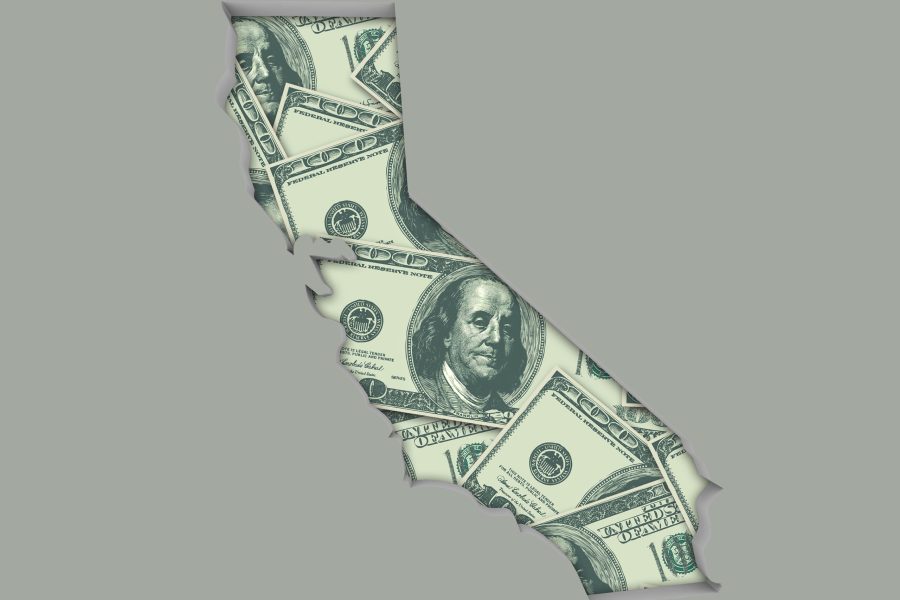A trio of troubles, says Elon Musk, is ruining California. He didn’t reveal anything new. He didn’t have to. Much of the world understands. Only those blinded by their blue-tinted glasses don’t know what’s wrong in this state.
Speaking virtually earlier this month for a conference in Miami, Musk, an entrepreneur forever overflowing with ideas, complained about a political environment that wants “to stop you from doing anything.”
“California used to be the land of opportunity,” he said. But now it’s become “the land of taxes, overregulation and litigation and this is not a good situation.”
PRI has had a lot to say about all three. Let’s take them one at a time.
Taxation. The tax regime in California has reached the bottom: China wants to cut taxes while this state wants to raise them. Somehow, no one in California can understand what China Premier Li Keqiang knows, that “tax cuts are the “fertilizer applied to the roots of the economy.”
Even as policymakers let fuel taxes continue to climb, and consider enacting a wealth tax, California has:
- The highest individual income tax rate in the country – 13.3%.
- The highest gasoline tax in the country – almost 67 cents on a gallon with another hike coming on July 1, and the second-highest diesel tax.
- A state corporate tax, which at 8.84%, is more punitive than all but two other states.
- Some of the steepest state and local sales taxes in the nation.
- The state sales tax rate of 7.25% is the country’s highest.
- Its business tax climate is gloomier in only two other states.
- Nearly three-fourths (72%) of all California adults said in a recent poll they believe they are paying much more (35%) or somewhat more (37%) than they should in taxes. More than half (52%) of the state’s Democrats said they felt their taxes are too high.
Regulation. An unforgiving tangle of bureaucratic rules has made it both difficult and expensive for Californians to get good-paying jobs at innovative startups. They also make starting new businesses a grueling experience that for many just isn’t worth the effort. In 2015, PRI senior fellow Wayne Winegarden compiled a small business regulation index that compared the 50 states “based on the impact from each one’s regulatory environment on small businesses.” The study looked at 14 regulatory components and concluded that California’s administrative rules were the most burdensome in the country.
U.S. News & World Report has ranked California as the most regulated state in the U.S. The Mercatus Center at George Mason University in Virginia says California is swamped with 396,000 regulatory restrictions, the most in the country.
It’s no puzzle why California businesses are rushing toward the state line and entrepreneurs are finding more fruitful fields elsewhere.
Litigation. California is the hottest judicial hellhole in America. The state is back at the top, bottom, really, in the American Tort Reform Foundation’s rankings, after a two-year absence. Abusive lawsuits “and excessive tort costs wipe out billions of dollars of economic activity annually,” says the foundation. According to John Dunham & Associates, the loss of jobs due to lawsuit abuse totals more than 206,000 every year. Reforms to rein in lawsuit abuse would be worth $22 billion to the economy.
Meanwhile, the Perryman Group figures only Massachusetts and the District of Columbia have a higher per person tort tax – and by only a few dollars – than California’s $1,918. Perryman’s estimate of lost jobs due to excessive torts is more than three times higher than that of John Dunham & Associates – nearly 750,000 a year.
The state’s constant conflicts with business have triggered a flight of commercial interests. Spectrum Location Solutions figures that from 2008 to 2015 almost 10,000 companies escaped California or cut back on their investments in the state. “Not all left because the state is a trial lawyer’s paradise,” we have noted, “but it would be foolish to think it had no impact.”
California’s problems, which go beyond the three mentioned above, are so intractable, so woven into its politics, so much of its current identity, that even the most politically powerful man in the state is helpless to make change, says Musk.
“There are so many regulatory agencies and so many litigators in California that want to stop you from doing anything that even if you’re the governor of the state,” Musk argued in his conference comments, “you cannot get it done.”
The state can stay upright based on its reputation for only so long. Without change, a fall is inevitable.
Kerry Jackson is a fellow with the Center for California Reform at the Pacific Research Institute.


